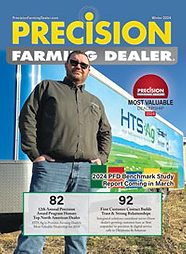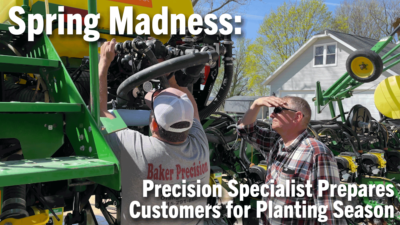Souce: Australian Broadcasting Company
Agricultural UAVs could help Tasmania's poppy industry fight the systemic mildew that has wiped hundreds of thousands of dollars from the 2015 harvest.
Poppy grower and co-owner of Drone Ag, Will Bignell, from Bothwell in the Central Highlands, flew drones over poppy crops last season and saw the extent of the damage on his own crops and others. He is investing in a $20,000 custom-built drone camera and will map the disease this coming season.
"We are investing in a multi-spectral camera which will be taking a whole different number of wavelengths of light," Mr Bignell said. "There's quite a bit of literature suggesting that this method can help detect areas of stress in broad acre crops. There's been a bit of work done on poppies previously, and some other vegetable crops. The concept is that a stressed crop that isn't photosynthesising is going to be a bit hotter."
Mr Bignell said better performing transpiring poppy crops with chlorophyll were cooler. He also said his technique was a long way off being fully commercial, but was a step in the right direction and it would be up to the poppy companies and the industry's mildew task force to decide how to use the data.
"That's up to them to work out their management solutions, but what we are trying to do is hone in where the problem is," He said.
As one of the tools of precision agriculture, Mr Bignell feels that drones aren't a silver bullet, but could help farmers capture an extra 5-10% yield from a crop. However, he notes that the cost-benefit ratio of drones was "pretty touchy", and the real value came from making sense of the data that drones generated.
On his own farm, he has used drones to collect a package of information, including soil type boundaries, 3D profiles and crop vigor.
"I'm going through addressing some key nutrient areas and addressing my drainage," Mr Bignell said. "If you have a 4,500-hectare poppy crop, it's worth a couple of bucks per square metre. Just picking up little areas in this game really helps with poppies in particular, or these higher return crops like potatoes. Picking up half a hectare or two hectares in a paddock can suddenly bring you in $10,000 that previously wasn't in production."






Post a comment
Report Abusive Comment